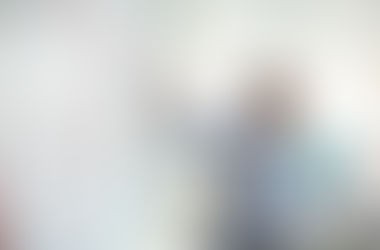Embracing Change
- Crystal Davis
- Mar 23, 2020
- 3 min read

As I viewed and listened to the videos for this week, I began thinking about the lessons that were covered last week, particularly the BHAG. What is the BHAG of the education system? I think this is an important question to ask because I think it can explain why the field of education is experiencing some of its current issues.
When I entered the field of education over 10 years ago, I entered under the belief that the “big hairy audacious goal” was to develop learners into knowledgeable, responsible, and independent lifelong learners who will be able to navigate the world successfully as adults. I would consider learners being knowledgeable, responsible, and independent to be similar to the “learning outcomes” on the FInks table. However, when we look at how the current education system operates, we can see that the activities and assessments do not align with the BHAG. Giving students assignments with specific directions on how to do them does not foster independence and responsibility and placing limitations on how students are able to acquire knowledge so that they can pass a standardized test actually inhibits the amount of knowledge they are able to acquire. And, just as we learned in the BHAG lesson last week, if all of these elements are out of alignment, the BHAG will fail to be reached.
Therefore, it is necessary for the education system as a whole to revisit what it’s BHAG truly is and backwards plan to create an education system that will actually produce the results we desire. If we want to build learners who become responsible and independent adults, we have to give them the freedom to experience opportunities to be responsible and independent now. We have to allow them opportunities to ask questions, solve their own problems, and make decisions just as they will experience when they become adults. If we want learners to be knowledgeable adults, we have to alter our view of how learning looks, and when and where it occurs. To get the most out of our students, we need to make it fun for them. When learning is fun, it promotes curiosity and questioning. This, in turn, helps them learn how to learn which is a valuable skill they will need to become responsible, independent, and knowledgeable lifelong learners. I also believe that we as educators, students, and parents need to redefine what a learning environment is. Although I take it as a compliment that parents and students view teachers and schools as ground zero for learning, I think this has also been a huge mistake in accomplishing the educational system’s BHAG. If we continue viewing learning in this manner, what happens when students eventually graduate and there is no teacher or school to go to? Does that mean that learning should stop? Of course not. That is why I think it is very important for us as educators, parents, and teachers to switch from viewing school as “the building where students learn” and begin referring to it as one of the places where learning can occur. If we start viewing it in this manner, it will be easier to begin connecting what students learn in school with what they experience while away from school. Learners will begin to realize that learning is an ongoing process that does not stop once they leave school.
References
21stEducator. (2009, April 2). Re-Imagining Learning in the 21st Century. [Video file]. Retrieved from https://www.youtube.com/watch?v=HiD1UqLPrOg.
Harapnuik, D. (2016, June 16). Mapping Your Learner’s Journey.
Retrieved from http://www.harapnuik.org/?p=6420.
Macfound. (2010, December 1). Rethinking Learning: The 21st Century Learner | MacArthur Foundation. [Video]. Retrieved by https://www.youtube.com/watch?v=c0xa98cy-Rw.
TEDx Talks. (2013, March 20). What 60 Schools Can Tell Us About Teaching 21st Century Skills: Grant Lichtman at TEDxDenverTeachers. [Video file]. Retrieved from https://www.youtube.com/watch?v=UZEZTyxSl3g&feature=emb_title.




















Comments